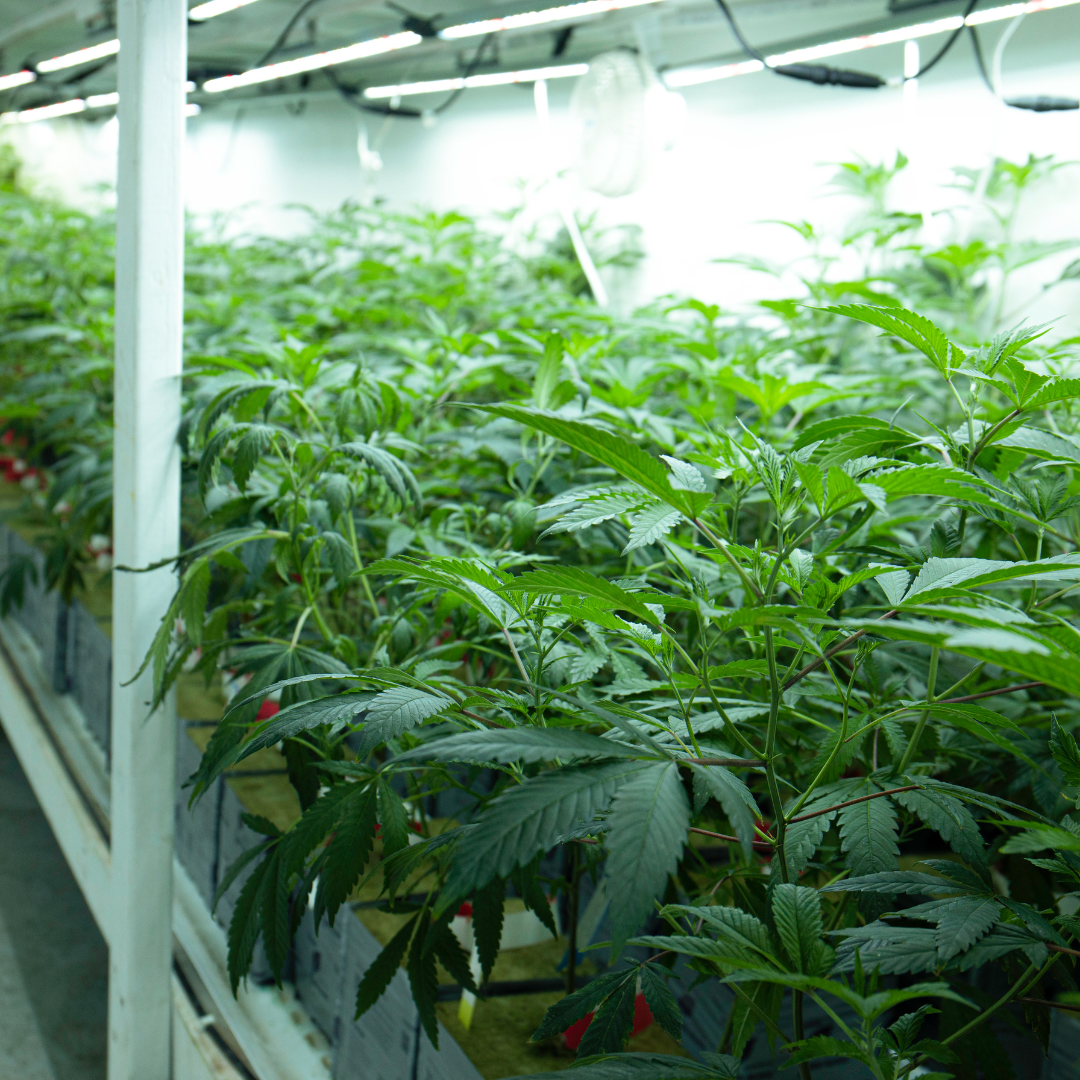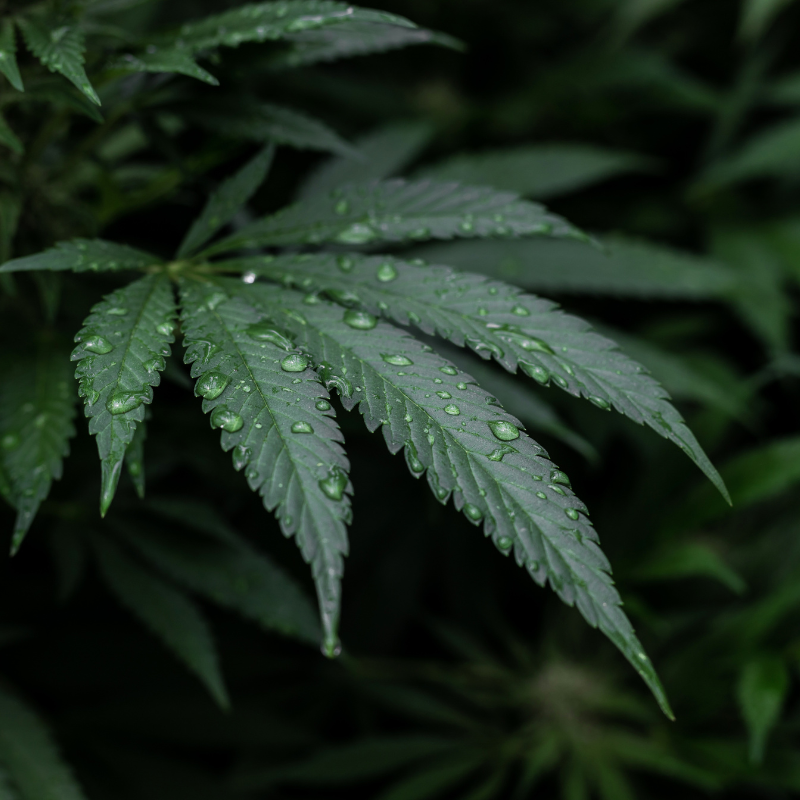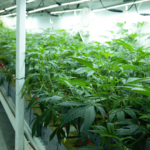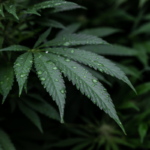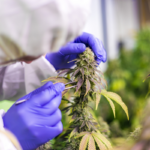Water is one of the most important aspects of growing cannabis. In fact, it’s so important that growers often say that “clean water makes a big difference.” While this phrase might sound like a cliché, it’s actually true!
The cannabis plant is very sensitive to contaminants, and even a small amount of pollution can significantly impact the crop’s quality and yield. Clean water is extremely valuable to growing strong, potent cannabis plants.
Does the Water Really Matter?
Short answer, absolutely! The water you use to grow your plants can greatly impact the final product. In general, it’s best to use reverse osmosis (RO) water when growing cannabis. Reverse osmosis water is purified through filtration, which removes all impurities, including minerals, bacteria, and chemicals. This type of water is often used in grow houses because it provides the plants with the cleanest possible water, which results in healthier plants and bigger yields.
It’s also important to pay attention to the pH of your water. The ideal pH range for cannabis is between five and seven; however, most growers prefer to keep their water slightly on the acidic side, around six. This ensures that the plants can absorb all of the nutrients they need without any problems.
Why is Clean Water so Important?
Clean water is important for two main reasons: first, it helps to prevent disease, and second, it ensures that the plants can absorb all of the nutrients they need. Let’s take a closer look at each of these reasons:
Disease Prevention: As mentioned before, the cannabis plant is very sensitive to contaminants. Suppose the water you’re using is polluted. In that case, it can introduce harmful bacteria and viruses into the soil, potentially leading to disease. In some cases, contaminated water can even kill your plants!
Nutrient Absorption: For your plants to grow healthy and strong, they need to be able to absorb all of the nutrients in the soil. If the water you’re using is polluted, it can block the roots from absorbing these nutrients, stunting the plant’s growth.
Plant Temperature is Important Too!
In addition to using clean water, it’s also important to pay attention to the water’s temperature. The optimal temperature for cannabis plants is between 60 and 70 degrees Fahrenheit. If the water is too cold, it can shock the plant and damage the roots. Conversely, if the water is too hot, it can potentially cook the roots and kill the plant.
In short, clean water is essential for growing healthy cannabis plants. Be sure to use reverse osmosis water whenever possible, and pay attention to the temperature of the water you’re using. By following these simple tips, you can ensure that your plants will be healthy and thrive!
The Power of Reverse Osmosis
Even a small amount of pollution can significantly impact the quality and yield of your crop. That’s why using reverse osmosis water is so important when growing cannabis. Reverse osmosis is a process that removes impurities from water by forcing it through a semipermeable membrane. This process eliminates 99% of all contaminants, including bacteria, viruses, and pollutants.
If you’re growing cannabis in a grow house, reverse osmosis water is an absolute must. Not only will it improve the quality of your crop, but it will also increase your yield. Reverse osmosis water is the best way to ensure that your plants get the cleanest, purest water possible.
The Bottom Line
Using reverse osmosis water is the best way to ensure that your cannabis plants are getting the cleanest, purest water possible. This type of water is purified through filtration, removing all impurities, including minerals, bacteria, and chemicals.
In addition to preventing disease and ensuring nutrient absorption, reverse osmosis water can also increase your yield. So if you’re serious about growing high-quality cannabis, using reverse osmosis water is an absolute must.
To outfit your growing operation with the right system, contact the professionals at Grow Flow! We’ll equip you with the right water filtration solution to make a big difference in your cannabis plants.

